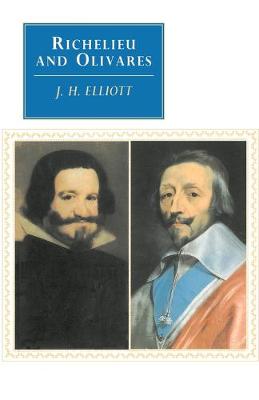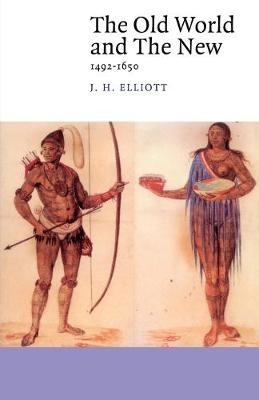Cambridge Studies in Early Modern History
3 total works
Cardinal Richelieu is one of the best known and most studied statesmen in European history; his Spanish contemporary and rival, the Count-Duke of Olivares, one of the least known. The contrasting historical fortunes of the two men reflect the outcome of the great struggle in seventeenth-century Europe between France and Spain: the triumph of France assured the fame of Richelieu, while Spain's failure condemned Olivares to historical neglect. This fascinating book by the distinguished historian J. H. Elliott argues that contemporaries, for whom Olivares was at least as important as Richelieu, shared none of posterity's certainty about the inevitability of that outcome. His absorbing comparative portrait of the two men, as personalities and as statesmen, through their policies and their mutual struggle, offers unique insights into seventeenth-century Europe and the nature of power and statesmanship.
The impact of Europe on a newly-discovered world of America has long been a subject of historical fascination. Yet the impact of that discovery and conquest for the European conquering powers has traditionally received less attention. In this pioneering 1992 book J. H. Elliott set out to show how traditional European assumptions about geography, theology, history and the nature of man were challenged by the encounter with new lands and people; trading relationships around the world were affected by an influx of gold and silver imports from America; while politically, the sources of power were no longer confined to European territory. The 500th anniversary of Columbus's discovery prompted renewed enquiry into the relationship of the Old World and the New; John Elliott's fascinating and now classic account is here reissued with a new foreword addressing the significance of the book's insights for a new generation of readers.


